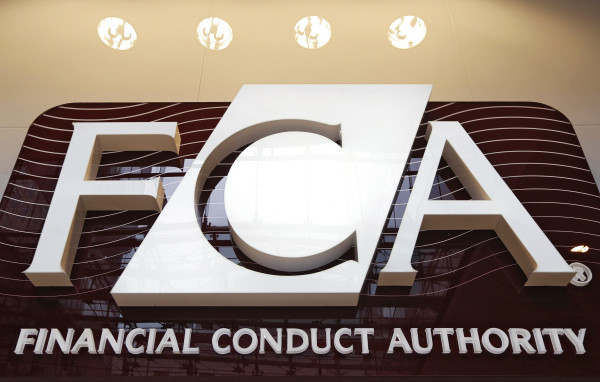

In earlier consultations with the FCA advisers questioned what they must do if a client is initially uncertain as to whether they wish to invest or if they make face-to-face contact or ring on a telephone line that can’t be recorded.
According to the regulator under the final Mifid II rules advisers are required to record conversations that result in a transaction being undertaken or that are intended to result in a transaction being undertaken.
The investment advice is caught insofar as it relates to a specific transaction that the client wishes to undertake, the FCA added.
But if, for example, the adviser imparts advice to the client who says that they need to go away and think about it, the FCA clarified it would not expect this conversation to be required to be recorded for the purposes of the telephone recording regime.
However the watchdog noted there may be other record keeping requirements for this first meeting, for example for suitability report purposes.
If, however, the client then later phones their adviser to state that they do want to proceed on the basis of the advice imparted at the meeting, the FCA stated it would expect this phone conversation to be recorded, or for an analogous note to be taken of it.
The FCA stated: “This is because it is clearly the intention of the client that the adviser goes away and makes the necessary arrangements to bring about the wishes of the client, which in this case constitute the client order.”
With regards to what details an adviser should put into this note, the regulator stated the information to be recorded includes at least (i) the date and time of the meeting, (ii) the location of the meeting, (iii) the identity of the attendees, (iv) the initiator of the meetings, and (v) relevant information about the client order including the price, volume, type of order and when it shall be transmitted or executed.
The FCA stated it would expect an analogous note taken of a relevant telephone conversation to include at least these details as a minimum. A note based just on the minimum details listed above would not provide an analogous outcome to taping telephone conversations, the watchdog warned.
This is because it does not provide the same degree of consumer protection, the FCA added.
The FCA stated: “We are therefore including further guidance in the rules that, in addition to the above details, the note should capture all the main points of the full conversation that are relevant to the order. This approach will ensure that firms do not omit relevant details from the note, providing an accurate and contemporaneous record of the conversation.
“We expect the note to capture any substantive points raised in the relevant conversation that provide material context and colour to the decision taken by the client.
“In other words, anything communicated from either the client or the adviser that could influence the client’s decision should be captured. Good practice for firms would include sharing the notes made of relevant phone conversations with clients on a regular basis in order to ensure their accuracy.
Recognising that clients can call an adviser’s personal phone number, the FCA stated “in exceptional and unplanned situations where a client contacts an adviser on a non-recordable line and it would not be reasonably practical for the adviser to continue the conversation on a recorded line, a note could instead be taken.
“The rule would not, however, allow a call-by-call choice on whether to record or take a note of these conversations.”
Monica Gogna, financial regulation partner at law firm Ropes & Gray in London, said while the FCA delivered a lot of commentary on when the taping obligation applies for advisers there was nothing on how to apply the requirement to private equity adviser-arrangers.
She said: “So it is not yet clear which telephone calls they must record.”
emma.hughes@ft.com



